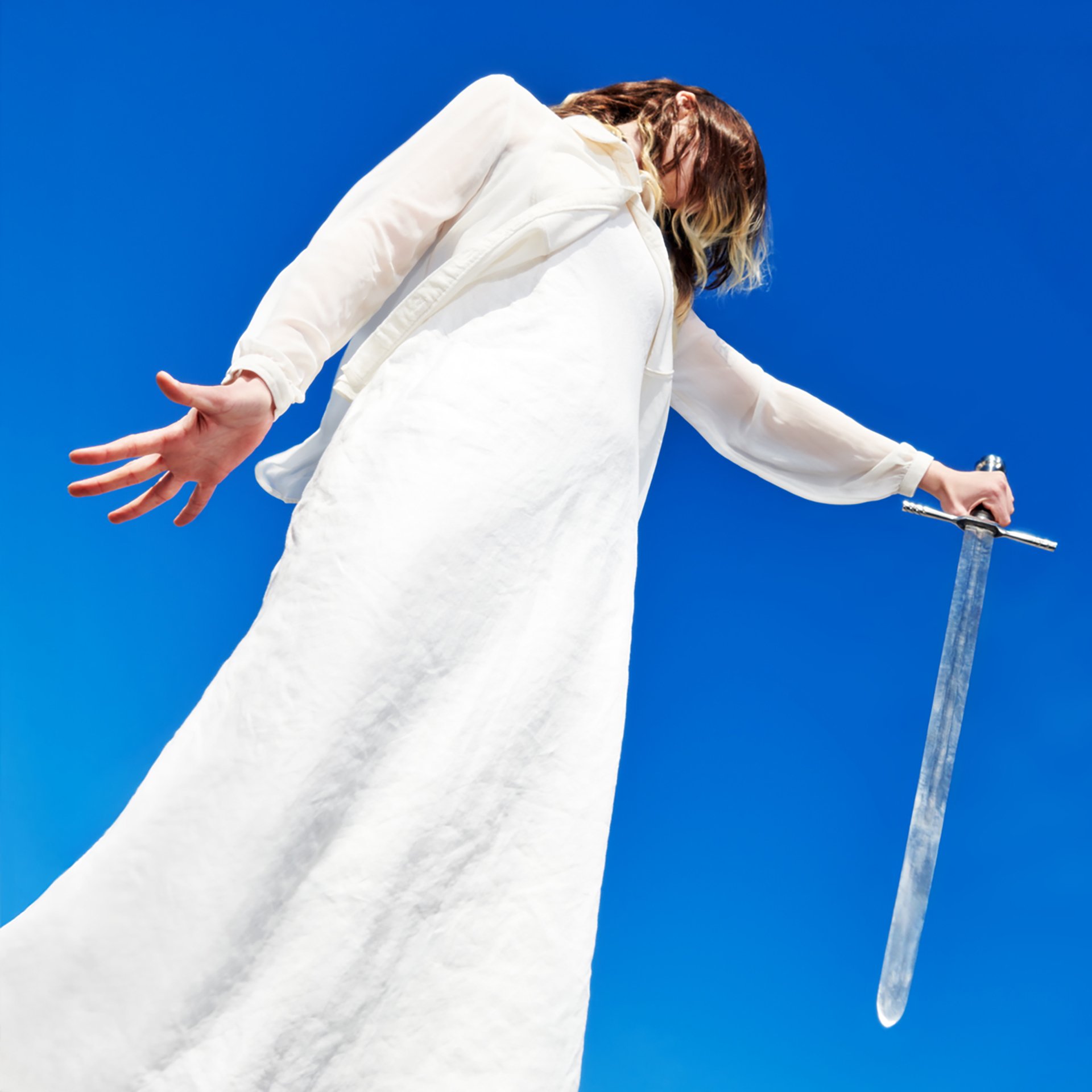One of the classes that I am taking this semester is the Problem of Evil. We like to drop the name of the class into as many conversations as possible—“Yeah, I really need to go. I’ve got Evil in five minutes”—and we joked early on that we hoped to have the problem cracked by mid-October.
Of course, we haven’t solved the problem of evil. In fact, each week we practically walk out of class with a limp. That’s what happens when you wrestle with God for three hours about theodicy and the tragedy people face in their lives. We have learned much in dialogue and sat in many a silence that screams “I don’t know.” It’s been a good class.
We aren’t going to solve anything, but there have been a few important pieces that I have picked up along the way. One of them is this quote from N.T. Wright that I read a few weeks ago:
[T]he line between good and evil is never simply between “us” and “them.” The line between good and evil runs through each of us….We must not make the trivial mistake of supposing that a one-off petty thief and a Hitler are exactly alike, that the same level of evil is attained by someone who cheats in an exam and by a Bin Laden. But nor must we suppose that the problem of evil can be either addressed or solved if we trivialize it in the other way, of labeling some people “good” and other people “bad.” (Wright, Evil and the Justice of God, 38-39)
That is something that I have tried to keep in mind the last few weeks. Granted, it is an obvious concept: all of us have sinned. At church, they give you that verse while you’re still getting juice and animal crackers in Sunday school.
I know this cognitively, but it is hard to look at the world in that way. It complicates things. I think most of us like a good “us versus them” system. We wouldn’t admit it, but it is a heck of a lot easier to assume that your people are the good guys and anyone that disagrees with you is bad. That’s the narrative we see on cable news, Facebook, in football stadiums, in Washington, and many times even in our denominations. We like to believe we know exactly where the line between good and evil runs.
But 7 billion lines of good and evil bifurcating the heart of every human? That’s difficult. It would mean that I need to realize that there is evil in me. In spite of my faith, there is still a darkness inside of me. That is not a reality that I like to face, but it is true. It should humble me and make me realize my need for God all the more.
It also means that I have to remember that there is good in the people that I instinctively label “them.” I have to remind myself that congressmen, cable talking heads, celebrity pastors, good ole boys with giant trucks that nearly run me off the road, people that use the express lane at the grocery store when they have far more than 10 items, Rush Limbaugh, Donald Trump, Fred Phelps, and scores of others have good in them. I need to realize that, indeed, some do a great deal of good in the world despite their flaws.
Us versus them is a lot easier, but it’s a lie. It’s a lie that keeps good fenced up in so many tiny places and lets evil run unchecked in others. Like Wright wrote (I apologize for that), this is not some sort of relativization in which we just say everyone is the same. There is still great evil that has to be named and dealt with.
But I think it will help us better love our enemies and it will better help us spread good news, if we remember that we are often not as good as we think we are and they are often not nearly as bad. The world is far more complicated than that. Perhaps that is too idealistic to look at things this way, but I think it’s worth a shot.





